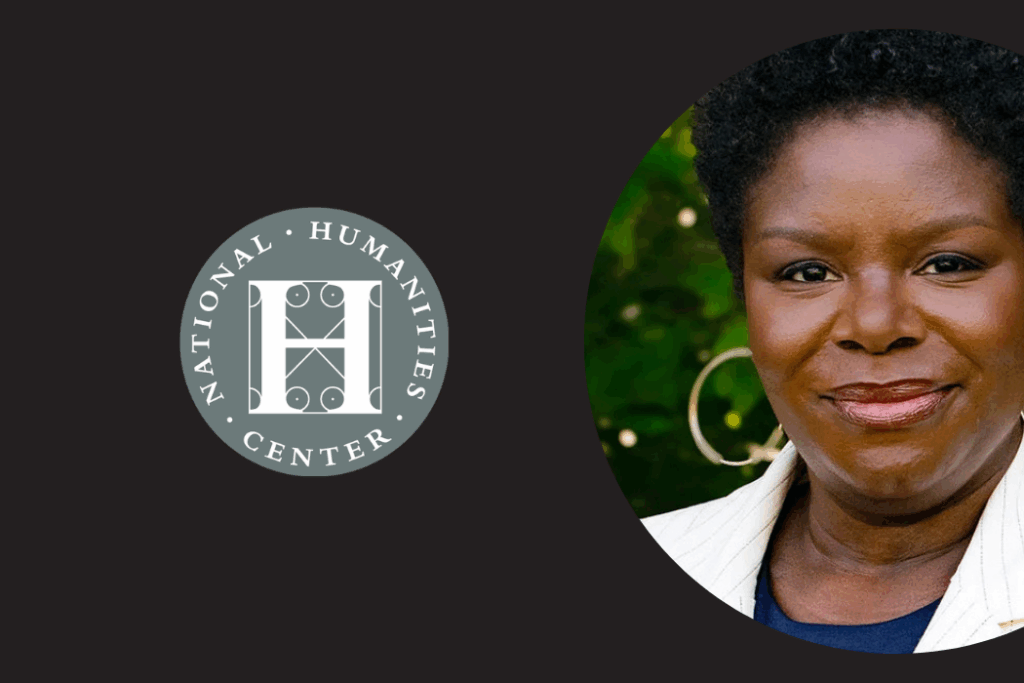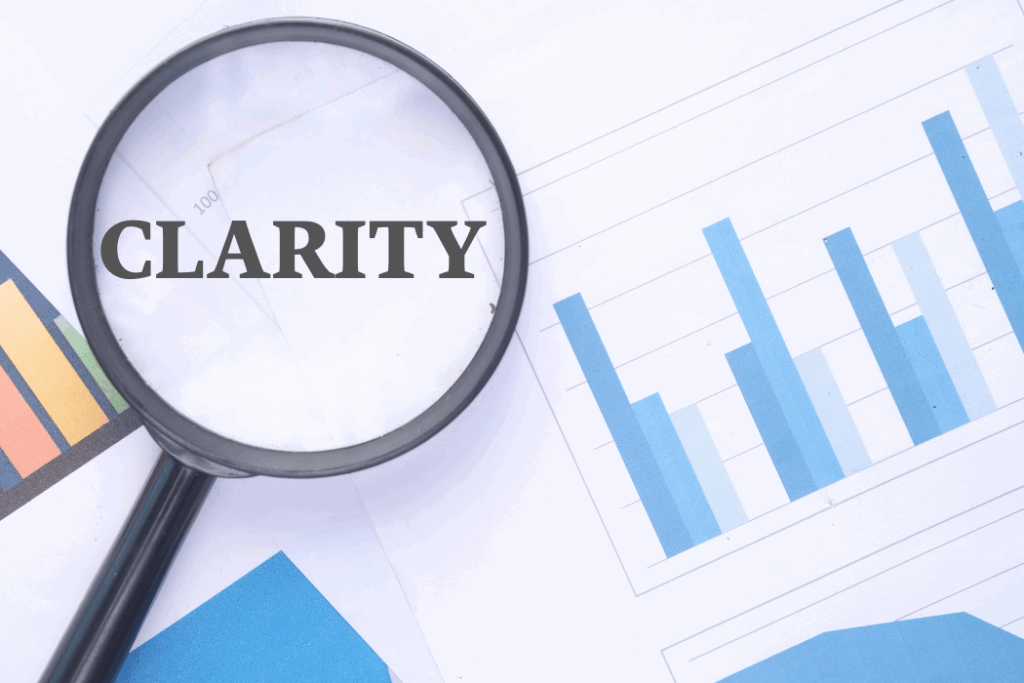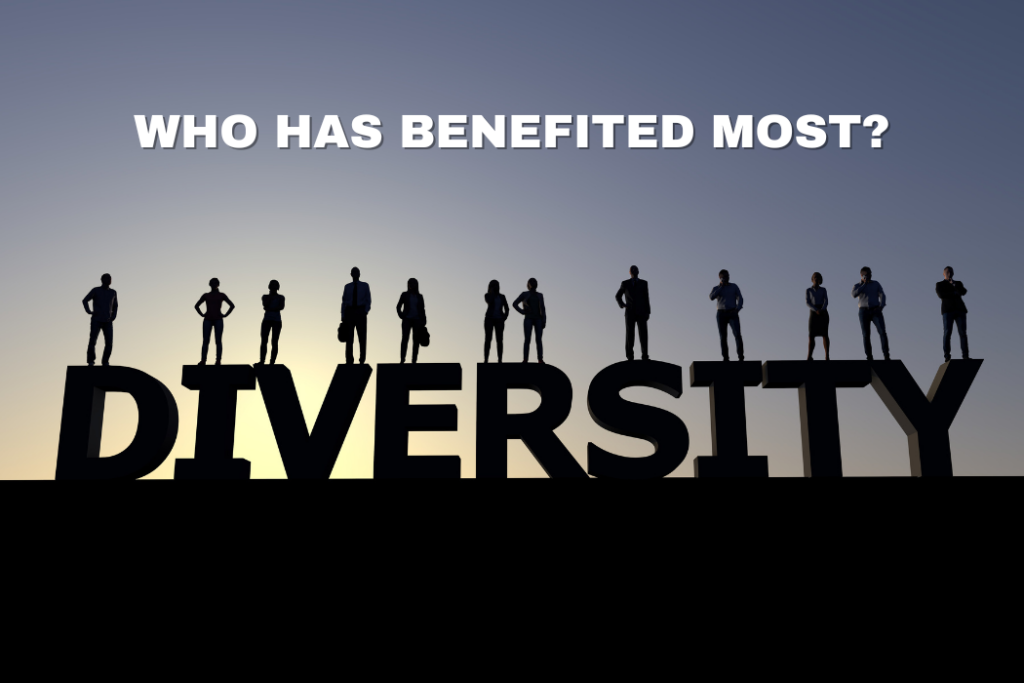
The Investment Integration Project (TIIP) released a new report that outlines how the financial industry can manage the systemic risk of racial inequity and promote the equitable distribution of resources, power, and economic opportunity across all races and ethnicities in the U.S. – to advance racial justice and to protect their bottom lines.
“Not only is racial inequity morally and ethically abhorrent, but it also threatens the U.S. economy, the global financial system, and long-term investment returns across all asset classes,” says TIIP CEO William Burckart. “Racial inequity is embedded in American capitalism and the U.S. financial system. It is a systemic risk—that, like climate change, investors cannot ‘diversify away.’”
The report, titled “Introduction to Racial Inequity as a Systemic Risk: Why Investors Should Care and How They Can Take Action,” was developed in partnership with TIIP’s Racial Equity Working Group. It recommends how investors can leverage conventional investment techniques and more advanced approaches to manage the risks of racial inequity and embed racial equity across portfolios.
“Investors must acknowledge their contributions to the long-standing problem of racism in our society and actively support racial justice initiatives to create an economy where all can thrive,” says Adam Connaker, director of Impact Investing at the Surdna Foundation.
“This report is a wake-up call to investors to get serious about integrating racial equity across their portfolios,” says Renaye Manley, deputy director at SEIU and one of the Racial Equity Working Group co-chairs. “Investors can take action that will help their bottom line while reducing racial disparities and dismantling the structures that caused them.”
The U.S. cannot reach its full economic and growth potential and effectively compete in the global economy if it continues to exclude people of color from fully participating in its economy— especially given that people of color will make up the majority of the U.S. population (approximately 52 percent) by 2050. According to Citi, the exclusion of Black/African Americans alone cost the U.S. economy an estimated $16 trillion in Gross Domestic Product (GDP) between 2000 and 2020.
“Racial inequities are among the greatest systemic threats to the health and functioning of our economy,” says Rodney Foxworth, founder of Worthmore and the other working group co-chair. “TIIP and Surdna convening this working group and developing this report will help to give this issue the attention it deserves in the financial market and provide investors with the understanding and tools they need to ensure our economy can continue to function in a modern society, making possible a more equitable future for us all.”
This report is available in the Community of Practice (CoPractice) section of TIIP’s SAIL platform. SAIL is a “one-stop shop” for practical system-level investing implementation support, templates, and tools for developing investment policies, benchmarking asset managers, and monitoring and reporting. If you are interested in joining the CoPractice or learning more about SAIL, please contact TIIP at SetSAIL@tiiproject.com.Read the new report here.













